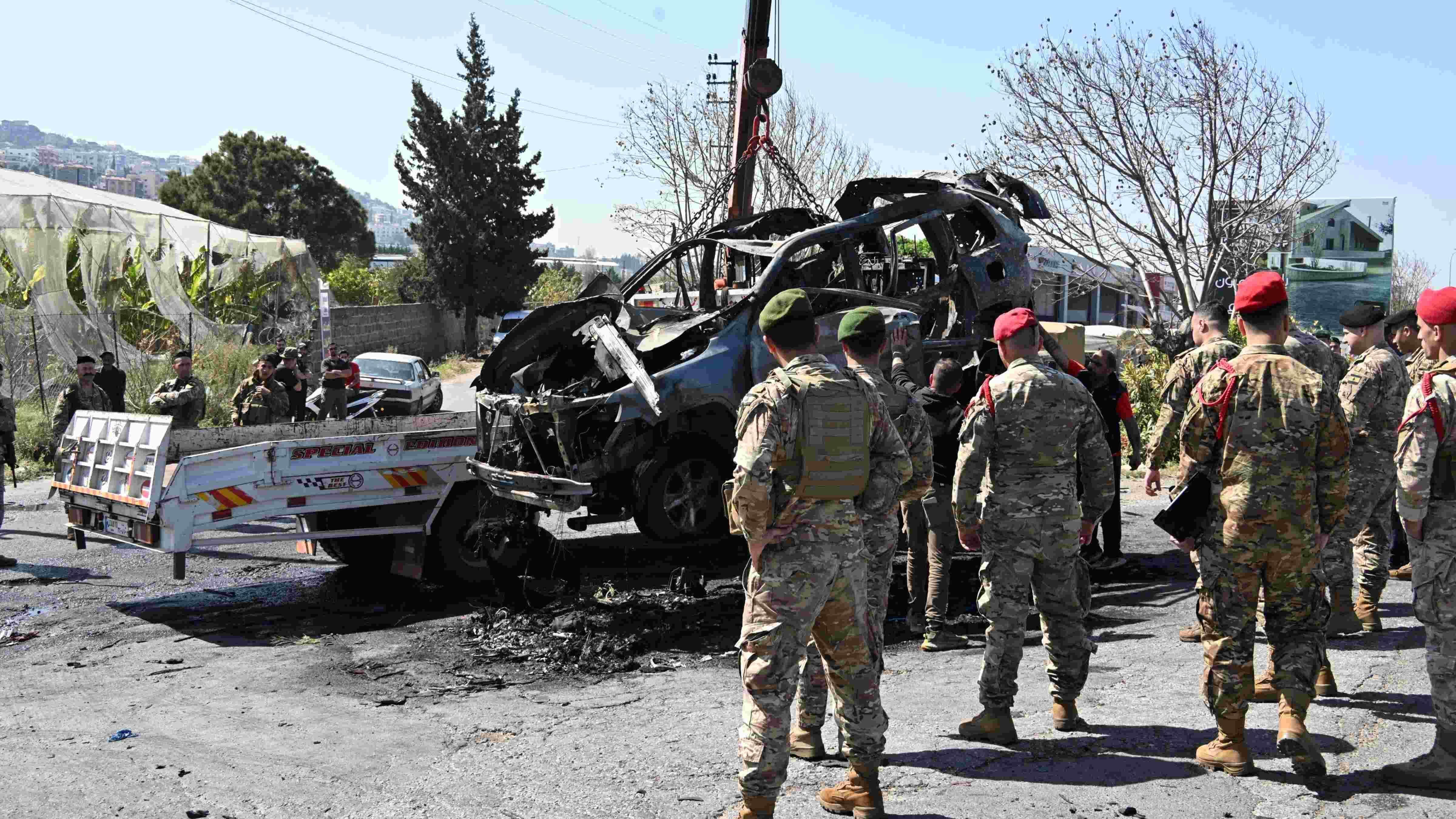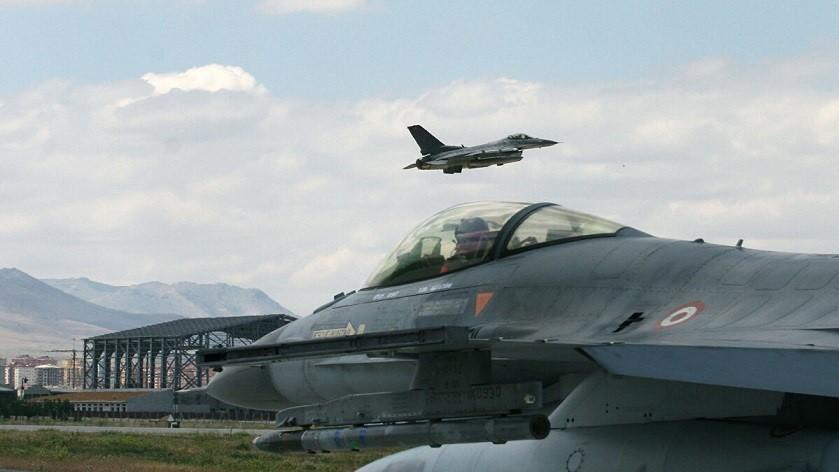Turkey, US; frenemies
“Seriously concerned” was the immediate reaction of the Turkish presidential office to the U.S. Congress adopting two resolutions, one recognizing the 1915 events in Turkey as “Armenian genocide” and the other levying sanctions on Turkey because of its Operation Peace Spring into northern Syria.
With an opportunistic approach, we might say nothing is final yet as these two resolutions need to be taken up by the Senate also, and if endorsed without any amendment, then they must get presidential approval to enter into force. With a realistic assessment, on the other hand, we might say relations between Turkey and the United States are heading to yet another crisis, the dimensions of which will be shaped up with the “digestion” capacity of Turkish President Recep Tayyip Erdoğan as well as to what limits of craziness U.S. President Donald Trump might go. With a pessimistic assessment, however, we might conclude that there is a serious and successful conspiracy effort to derail Turkish-American relations.
The resolution supporting political claims that Armenians were subjected to a genocide in Turkey might indeed be a step in the right direction. This issue has been lingering in the air for so long like a sole bullet loaded in the cartridge of a gun. Let it be fired and see the repercussions. Enough is enough. Turkey all along made so many concessions to the United States in hopes of killing such a resolution, but still it kept lingering this way or the other. Whoever might be bothered with how the U.S. president or the legislature considered the 1915 events in Turkey, let than walk their own way.
At a time when the empire was in a period of total collapse, when government authority was hardly possible even in big western cities, when hordes of Armenian, Kurdish and other ethnic groups, as well as Turks, were hunting each other and trying to benefit utmost from the era of lawlessness; can anyone talk of a systematic genocidal campaign against the Armenians? Furthermore, perhaps it was unwise to order under such conditions a forced internal exile of the Armenian population along the border with Russia -- on grounds they were collaborating with the Russian aggressors of the time – but could that be considered an act of genocide?
Furthermore, the genocide concept entered international criminal terminology decades later. This issue must be taken up by a committee of historians – probably working under a United Nations agency – and provide an “academic” assessment to such political claims.
The sanctions bill, on the other hand, is a product of American insolence. Let them take whatever sanctions they might wish in hopes of making Turkey come on its knees and apologize for whatever wrongdoing it was accused of. The current political team heading Turkey might not be the best of possible in the eyes of the world.
Yet, coming up every other day with an insolent resolution or a presidential statement or worse, a letter with such derogatory and unacceptable language reflect one thing and nothing else: As is said in Turkey, if one behaves like a donkey, many people might volunteer to place a saddle on him.
Turkey is neither a donkey, nor can it accept anyone placing a saddle on his back. If and when an insolent letter, derogatory remarks or full madness of a foreign country or foreign leader is not appropriately and in due time not answered, worse might come. That’s what we are witnessing.
Now, can Turkey tell the U.S. that there might be serious repercussions? Can Turkey like in the 1970s tell Washington such developments are incompatible with the spirit of alliance, strategic partnership and all such norms?
If Turkey and the US are friends, that they should act like friends? If they are enemies, better that the U.S. tell Ankara the bare truth because Turkish officials still believe that the U.S. is a trustworthy ally. Are we now frenemies?











